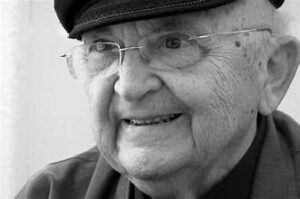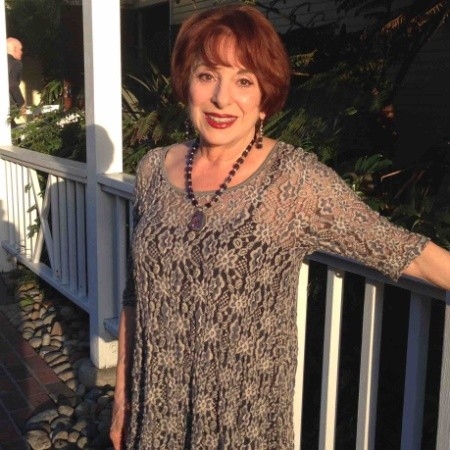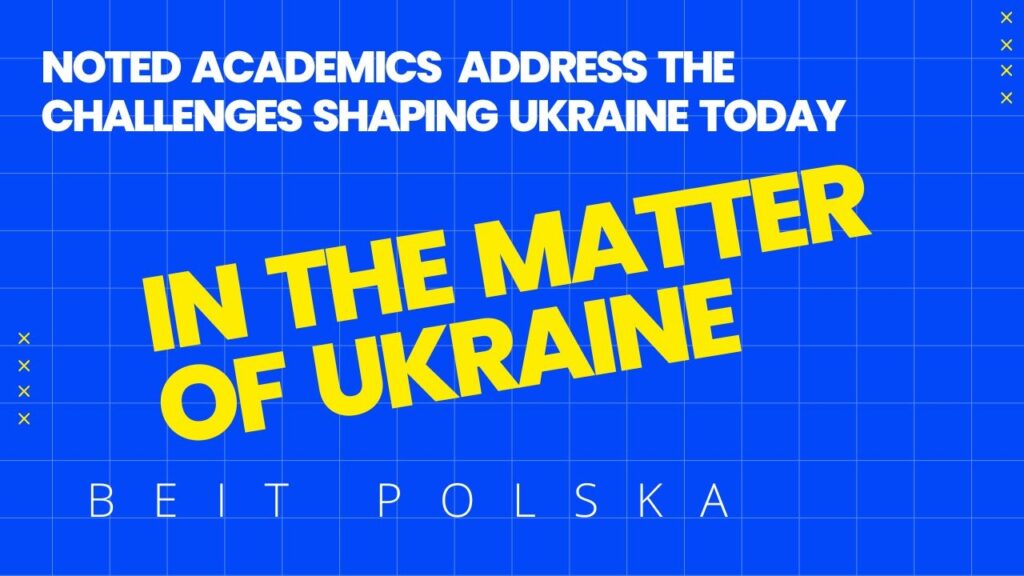FOSTERING A VIBRANT RENEWAL OF JUDAISM IN POLAND
WATCH THE FULL WEBINAR ON YOUTUBE // CLICK HERE
Poland, A Green Land
A Provocative Reflection on Aharon Appelfeld’s Novel
November 19, 2023
 Posthumously, Israeli author Aharon Appelfeld (died 2018) released his final book in English translation this Spring 2023. The haunting, evocative writer of over forty books who acquired the Hebrew language late in life may have come full circle. This last book, Poland, A Green Land‘s continuity with Appelfeld’s past writing, points to the confrontation of a second generation of Israeli Jews that grew up in an “Israeli” ethos of forgetting and being alienated from their European Jewish survivor generation (VIEW PDF). Ya’akov Fine, the main character, travels to Poland to recover his parents’ world for it retains significant meaning.
Posthumously, Israeli author Aharon Appelfeld (died 2018) released his final book in English translation this Spring 2023. The haunting, evocative writer of over forty books who acquired the Hebrew language late in life may have come full circle. This last book, Poland, A Green Land‘s continuity with Appelfeld’s past writing, points to the confrontation of a second generation of Israeli Jews that grew up in an “Israeli” ethos of forgetting and being alienated from their European Jewish survivor generation (VIEW PDF). Ya’akov Fine, the main character, travels to Poland to recover his parents’ world for it retains significant meaning.
Aharon Appelfeld introduces a mythical Polish landscape that grows both strange and familiar as Fine arrives at his ancestors’ home centered near a river and town – Jewtown. What the central character failed to appreciate in his youth about his Holocaust survivor parents and their culture, he gradually uncovers through his visit to their Polish village. It is not only the Polish landscape, but also the people of Poland as Appelfeld opens a narrative that is unfinished.
In over 40 novels, Appelfeld used his terse tongue and incisive descriptive power to fantastic effect. Poland, A Green Land is such an amazing capstone to Appelfeld’s illustrious career. It arrived to English-speaking readers in 2023 but was celebrated by Polish readers of Hebrew from the moment the book appeared.
WATCH THE FULL WEBINAR ON YOUTUBE // CLICK HERE
PRESENTER
Carola M. Kaplan
 Carola M. Kaplan is a former president of the Joseph Conrad Society of America; professor emerita of English at California State University, Pomona; a former faculty member at the Institute of Contemporary Psychoanalysis, and a research psychoanalyst in private practice. She has published numerous articles in literary and psychoanalytic journals. She has edited two collections of essays on modernist literature, including Conrad in the Twenty-First Century (with Peter Mallios and Andrea White). She is currently working on a book that focuses on treating cultural hybridity in the novels of Joseph Conrad, E. M. Forster, T.E. Lawrence, and Christopher Isherwood.
Carola M. Kaplan is a former president of the Joseph Conrad Society of America; professor emerita of English at California State University, Pomona; a former faculty member at the Institute of Contemporary Psychoanalysis, and a research psychoanalyst in private practice. She has published numerous articles in literary and psychoanalytic journals. She has edited two collections of essays on modernist literature, including Conrad in the Twenty-First Century (with Peter Mallios and Andrea White). She is currently working on a book that focuses on treating cultural hybridity in the novels of Joseph Conrad, E. M. Forster, T.E. Lawrence, and Christopher Isherwood.
WATCH THE FULL WEBINAR ON YOUTUBE // CLICK HERE
Discussion Questions
1. Yaakov Fein’s journey to Poland not only acquaints him with the place of his ancestors, from which his parents immigrated, but also connects him with unexamined aspects of himself. What heretofore unfamiliar aspects of self, both psychological and spiritual, does Yaakov come to recognize? In what ways does his new self-knowledge change Yaakov?
2. Yaakov’s self-understanding is enhanced by several people he meets on his journey –Wanda, the centenarian “memory bank” of the village; Nikolai, the villager who hid Yaakov’s parents during the war in exchange for a lot of money; the Mayor who attempts to extort money from Yaakov for the Jewish tombstones; and Gregor, his first cousin, who denies any connection with Yaakov. Above all, the person who has the profoundest effect on Yaakov is Magda. In what ways does Magda enhance Yaakov’s life? What does Yaakov learn from each of these people? In what ways does his acquaintance with them change him?
3. While the book contains many realistic narrative elements, it also contains heightened and “magical” elements reminiscent of folk tales. What are some of these elements and how do they enhance the novel?
4. In what ways is Yaakov different at the end of the novel from the Yaakov at the beginning? While the ending of the novel is indeterminate, what kind of life do you imagine for Yaakov after his return to Israel?
The webinar will be carried out in Polish and English simultaneously. Participants will be asked to enable the Interpretation mode and choose the preferable language after joining the meeting.
DONATE TO SUSTAIN OUR WORK HERE.
A FULL LIST OF FREIGHTED LEGACIES EVENTS ARE HERE.
DONATE TO SUSTAIN THE FREIGHTED LEGACIES SERIES HERE.
ALL FREIGHTED LEGACIES BLOG POSTS ARE HERE.
ENJOY SOME OF OUR OTHER CONTENT
VIDEO WEBINARS ARE ALSO ON OUR YOUTUBE CHANNEL.

